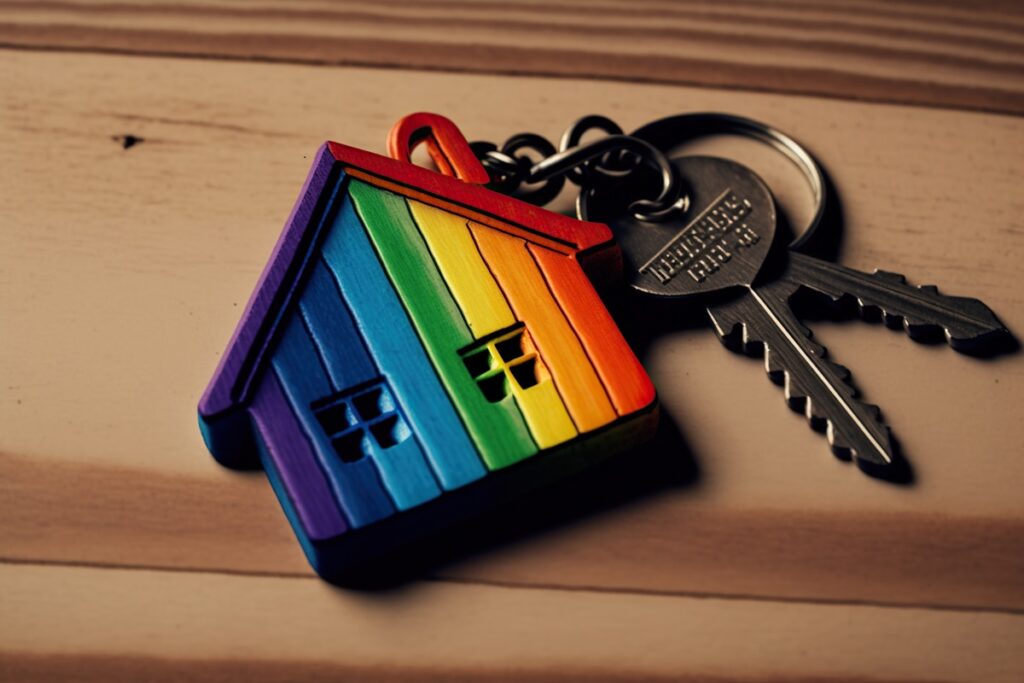In a troubling trend that underscores persistent housing injustices across the United States, the number of fair housing complaints has surged to unprecedented levels for the third consecutive year, according to the latest report from the National Fair Housing Alliance (NFHA).
The 2024 Fair Housing Trends Report reveals a sharp increase in grievances filed, with 34,150 complaints documented in 2023. This marks a notable uptick from the 33,007 complaints recorded in the previous year, highlighting a pressing need for enhanced support for local nonprofit fair housing agencies.
Of concern are the findings related to harassment complaints, which saw staggering increases. Instances of harassment based on color surged by 470.59%, while those based on race rose by 114.97%, reflecting deep-seated issues of discrimination that continue to affect communities nationwide.
“The continued increase in reports of housing discrimination means lawmakers are simply not doing enough to provide adequate resources for the organizations serving on the frontlines educating the public about fair housing laws and helping individuals and families when crucial civil rights laws are broken,” said Lisa Rice, NFHA’s President and CEO. “Fifty-six years after the enactment of the Fair Housing Act, we still have not dismantled the longstanding systems that continue to perpetuate discrimination against women, people of color, people with disabilities, and other historically marginalized groups.”
The report also criticizes recent funding allocations from the U.S. House of Representatives Committee on Appropriations’ Subcommittee on Transportation, Housing and Urban Development (THUD). Despite the critical role played by local nonprofit agencies in processing over 75% of all fair housing complaints, the allocated $55 million for the Fair Housing Initiative Program (FHIP) falls far short of the $125 million needed, according to NFHA.
Beyond high-profile cases covered in the media, the report underscores that most housing discrimination incidents go unreported each year, either due to difficulty in documentation or fear of retaliation. Such data, however, serves as a crucial indicator of where resources are most urgently required.
Key players in fair housing
Morgan Williams, NFHA’s General Counsel, highlighted the significant role played by private nonprofit fair housing organizations (FHOs), which processed 75.52% of all complaints in 2023. Williams emphasized that these organizations urgently require increased funding to effectively enforce fair housing laws and support affected individuals.
The report also details the distribution of complaint processing among different agencies: Fair Housing Assistance Program (FHAP) agencies handled 19.26% of complaints, while the U.S. Department of Housing and Urban Development (HUD) and the U.S. Department of Justice (DOJ) handled 5.10% and 0.12% respectively. Each of these entities, responsible for enforcing fair housing laws at various levels, faces mounting challenges amid the surge in grievances.
Disability-based discrimination remains the most frequently reported issue, accounting for 52.61% of all complaints received by FHOs, HUD, and FHAP agencies. Additionally, the report notes a sharp increase in harassment complaints, reaching the highest levels since data collection began in 2006.
NFHA has published the Fair Housing Trends Report annually since the mid-1990s, underscoring its commitment to eliminating housing discrimination and promoting equitable housing opportunities nationwide. The latest findings are based on contributions from 86 NFHA member organizations, HUD’s regional offices, FHAP agencies, and the DOJ.
As the nation grapples with persistent challenges in fair housing, advocates stress the critical need for robust legislative support and increased funding to address systemic discrimination effectively.
Click here to read the full report and view an interactive map highlighting key findings by state. Anyone who believes they have experienced housing discrimination should file a report with their local fair housing agency, local or state government organization, and/or HUD.









